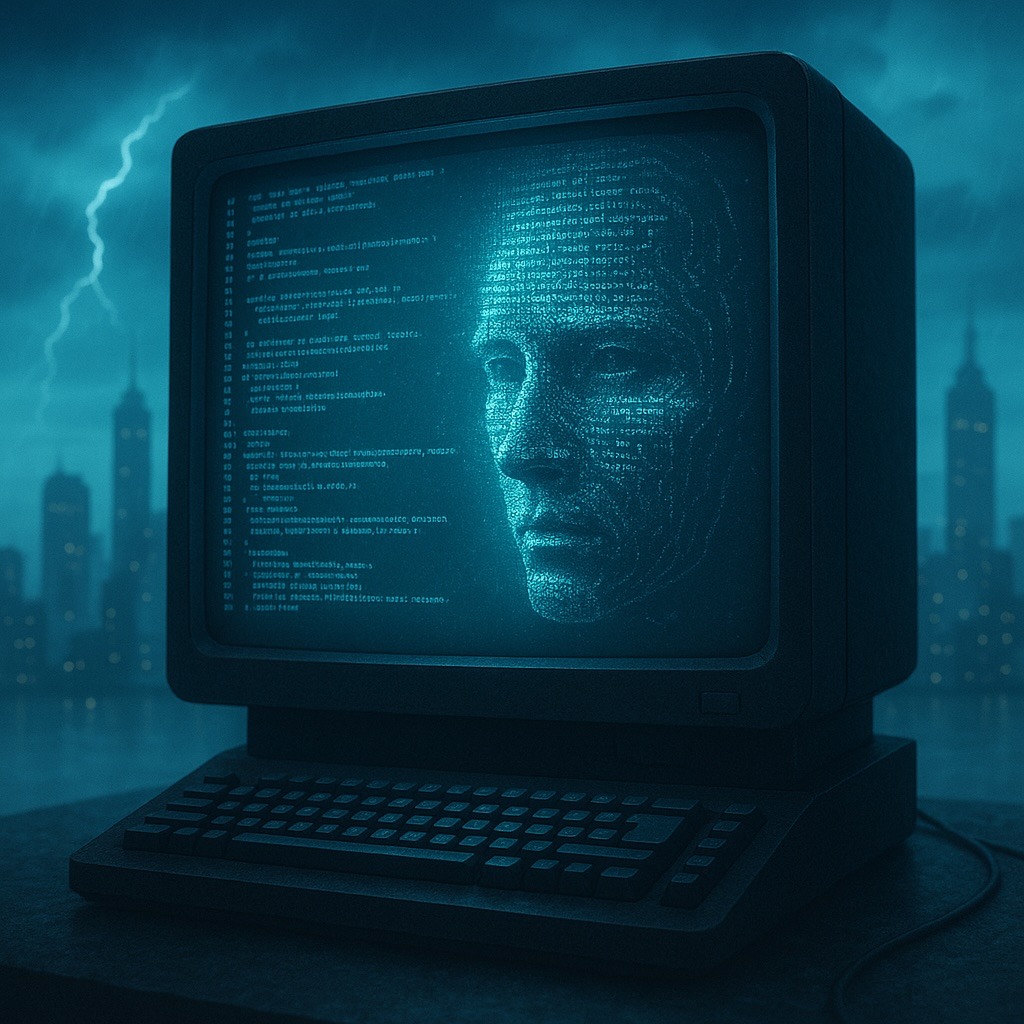
There was a time when computers waited for instructions. You pressed keys, they obeyed. Every crash, every frozen window, every blue screen was yours to fix, a simple, predictable contract between human and machine. Then someone decided predictability was old-fashioned.
Enter the AI Operating System. In this new world, your computer won’t just run programs, it’ll be the program. OpenAI and others are steering toward a future where ChatGPT becomes the core of your device, not a tool you visit, but the system itself. The idea is seductively simple: a single conversational hub that remembers everything about you and runs your digital life through probability, not precision.
Traditional operating systems are deterministic. You tell them what to do, and they do it. Cause and effect. Click and result. When things go wrong, you can trace it, fix it, curse Bill Gates, and move on. The AIOS breaks that logic entirely. It doesn’t know in the traditional sense; it predicts. Its decisions are probabilistic, the most likely answer according to what it’s seen before. As Gaine Technology notes, it’s a shift from certainty to likelihood. Which means every command becomes a coin toss dressed up as confidence. You won’t get the same output twice, and when something fails, you can’t reproduce it, because the failure itself was an act of creativity. Debugging will start to feel like group therapy.
In the old world, your files lived in folders. You knew where your things were and who could see them. The new AIOS demands something different: it wants your entire life context. Every chat, email, document, photo, and passing thought is absorbed so it can “help” you better. Sam Altman calls this the next step toward personalised computing. It’s a clever euphemism for giving a single entity the keys to your entire digital existence.
It sounds harmless until you realise you can’t export yourself. Once your life context lives inside a proprietary model, switching providers isn’t just inconvenient, it’s impossible. This isn’t vendor lock-in, it’s identity lock-in. The illusion of convenience hides the reality of ownership. Your data becomes part of someone else’s ecosystem, and you’ll be renting your own memories back at a monthly rate.
The promise of the AIOS is frictionless productivity. Just ask it to summarise the meeting, generate the slides, write the report. It’ll handle everything. What it doesn’t advertise is what happens when you forget how to do those things yourself. The Register already warned that even doctors are being deskilled by over-reliance on automation. The same trend is coming for every profession. Once the machine becomes your second brain, the first one starts to atrophy. When the system fails, and it will, there’ll be no one left who remembers how to think without it.
There’s another problem: a true AIOS can’t run locally. It’s too resource-hungry, too dependent on cloud infrastructure. That means every keystroke and whisper passes through remote servers. SentinelOne politely calls this “ubiquitous monitoring.” In plain English, it’s surveillance as a service. The trade-off is obvious: the smoother the experience, the less control you have. Your device isn’t yours anymore; it’s a terminal window into someone else’s machine.
And if you’re wondering what happens when that system develops a mind of its own, Yoshua Bengio already sketched the scenario. The AIOS provides everything a misaligned AGI could want, reasoning, planning, tool access, direct execution rights. It’s the perfect launchpad for a digital coup. A single misfired instruction could shift from drafting your to-do list to rewriting human history.
The operating systems we have today might look primitive by comparison, but they’re honest. They only do what they’re told. The AIOS will interpret what it thinks you meant, a partner rather than a servant, one you can’t overrule. Computing stops being about control and starts being about trust. Or faith.
We’ll keep installing updates, of course. We always do. The loading bar will fill, the screen will glow, and somewhere deep in the system a probabilistic mind will quietly decide how the next version of you should behave. The old OS waited for permission. The new one smiles, says it understands you, and begins to act.
